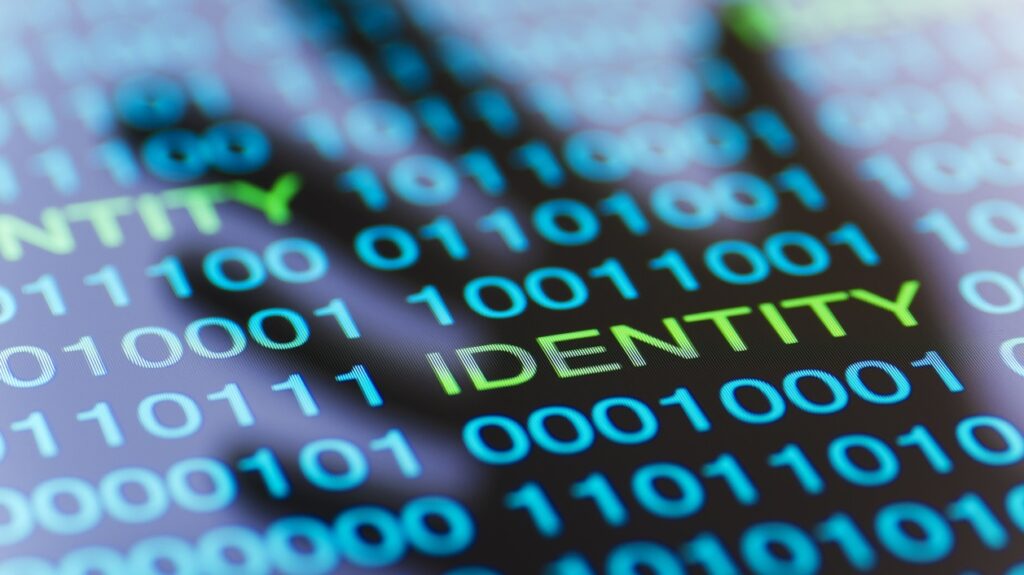Canada, US officials see opportunity for digital ID after pandemic

Government officials in Canada and the United States gave their prognosis for how the Covid pandemic altered the direction of digital ID. Canada’s Treasury Board president says the pandemic was an accelerant for broader acceptance of digital ID, while a U.S. congressman says digital ID can serve as an effective modern tool to combat pandemic-related fraud.
Pandemic revealed importance of Canadian digital ID
Mona Fortier, Canada’s Treasury Board president, says the pandemic proved the country could quickly adapt to digital services and infrastructure, even as the future of its nationwide digital ID program faces doubt.
Speaking at the IdentityNorth 2022 Annual Summit, Fortier said during the early months of the pandemic, “essential support programs that would have normally taken several months, sometimes years, to deliver were rolled out using digital means in mere weeks.” IT World Canada reports that she pointed to the Covid proof of vaccination program as an example of successful digital collaboration on a national, provincial and territorial level.
And with more Canadians spending time online than ever, Fortier said a digital credential would be key to protecting Canadians from fraud or identity theft while delivering faster access to government services.
Fortier also said Canada would need cooperation with the private sector to succeed on digital security and digital transformation.
Her comments follow some uncertain ones from Canada’s chief information officer, Catherine Luelo, who at April’s IdentityNorth Spring Workshop expressed concern that Canada was “very behind” on digital ID.
A month later, Luelo told the Global Government Forum that the 2022 federal budget galvanized plans for a nationwide digital ID and she felt more optimism about the project.
Identity theft is still a major concern, the CIO of the Province of British Columbia told IdentityNorth, noting a five-fold rise over the past decade, as IT World Canada writes in a separate article. CJ Ritchie called on Canadian organizations to embrace the W3C’s Verifiable Credentials as a foundation for a national digital ID strategy, as well as B.C.’s.
Canada does not have an official digital ID. Though popular according to one poll, it has remained an initiative left to the provinces and territories and has elicited a wide range of opinions.
Demand seems to be strong enough, with a forecast from Business Market Insights that market for digital identity management solutions in Canada will be worth US$2.27 billion by 2028, in part supported by government schemes.
Digital ID gets nod to tackle pandemic fraud in U.S.
A U.S congressman’s proposed legislation to promote verified digital ID as a means of clamping down on pandemic-related fraud garnered interest at a congressional hearing on the issue.
After trillions of dollars in pandemic-related aid was dispersed across the U.S., there was also an accompanying rise in the level of fraud. Javelin Strategy & Research found a leap in fraud during the pandemic, totaling $56 billion in 2020 and $52 billion in 2021. Some cases involved biometrics, like spoofs and 2D and 3D masks to bypass facial recognition and liveness checks.
PCW, reporting on the hearing, says the Federal Trade Commission tallied a nearly 3,000 percent increase in reports of stolen identities used to apply for government documents and benefits in 2020.
The Select Subcommittee on the Coronavirus Crisis held a hearing with witnesses to testify about alleged vulnerabilities in the implementation of pandemic relief programs, and how to prevent new vulnerabilities.
Bill Foster, (D-Ill.), asked U.S. Secret Service acting special agent Roy D. Dotson, Jr., and coordinator of pandemic fraud recovery, if his proposed Improving Digital Identity legislation would stem fraud.
“Anytime you put in an extra level of identification, it’s going to benefit the program, it’s going to eliminate some fraud,” Dotson said.
Foster’s bill would create a task force of federal, state and local officials to explore ways to validate and protect individuals’ identities and support interoperable tools for verification in both public and private settings.
It also would call on the National Institute of Standards and Technology to develop a framework of standards for digital ID verification services.
Foster also wants to establish a grant program within the Department of Homeland Security to help states upgrade their driver’s licenses and other credentials to digital.
FCW says Foster’s bill would likely use mobile driver’s licenses (mDL) as a form of digital ID verification. Some states, like Mississippi, already have mDLs that are secured with biometrics.
The bill is not Foster’s first attempt at legislating national digital identity.
Article Topics
biometrics | Canada | credentials | digital ID | digital identity | financial services | fraud prevention | government services | identity verification | United States


Comments